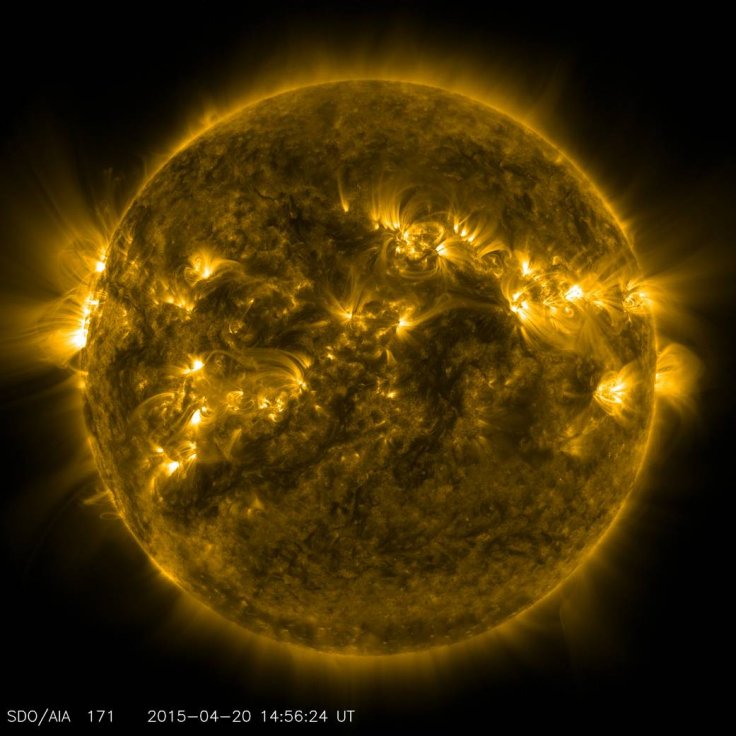
A scientist warned that earth could get hit by a powerful solar storm anytime. However, the scientist said it's hard to predict exactly when the disastrous solar event will happen.
Solar storms occur when the Sun emits plasma and magnetic fields from its surface. When these hit Earth, these solar storms can create high currents in the planet's magnetosphere. Once this happens, there will be a high surge of electricity in the powerlines, which could then cause transformers and power grids to overload and blow out.
In other words, solar storms can cause wide-scale power interruptions and blackouts depending on their intensity. But aside from these, the powerful emissions from the Sun can also knock out the functions and operations of satellites that are in low-Earth orbit. Without support from satellites, GPS navigation and mobile services will not work properly.
Astrophysicist Emma Osbourne from the University of Southampton warned that society's increasing dependence on technology and electronic devices makes Earth a bigger target of solar storms. Since almost everyone on the planet relies heavily on technology for day-to-day activities, the effect of a solar storm on the planet will be much worse compared to a hundred years ago.
"If it did happen, there would be a surge in electromagnetic radiation that it could actually short circuit all of our equipment on Earth," Osbourne said according to Express. "Which if you think of all the electronic equipment we have, that is a little bit worrying."
According to the Met Office, which is the U.K.'s national weather service, the effect of massive solar storms on technology and electrical facilities can instantly cripple an entire country. As noted by the agency, the damages caused by a catastrophic event would cost about $20 billion, The Sun reported.
Osbourne warned that since solar storms occur naturally, Earth's chances of getting hit by a powerful one is almost certain. However, since it is hard to predict when eruptions on the Sun's surface will occur, Osbourne admitted that knowing accurately when a solar storm will hit Earth is almost next to impossible.
"That is something which could happen – but when?" she said, "I don't know. We can't predict that, unfortunately."
Fortunately, even though solar storms are hard to predict, Osbourne said that certain power stations have already taken the necessary precautions in preparation for these kinds of events.
"But there is good news, the power grids are aware of this, they are expecting it and they do have things which would help prevent all of our equipment from being damaged," she said.









